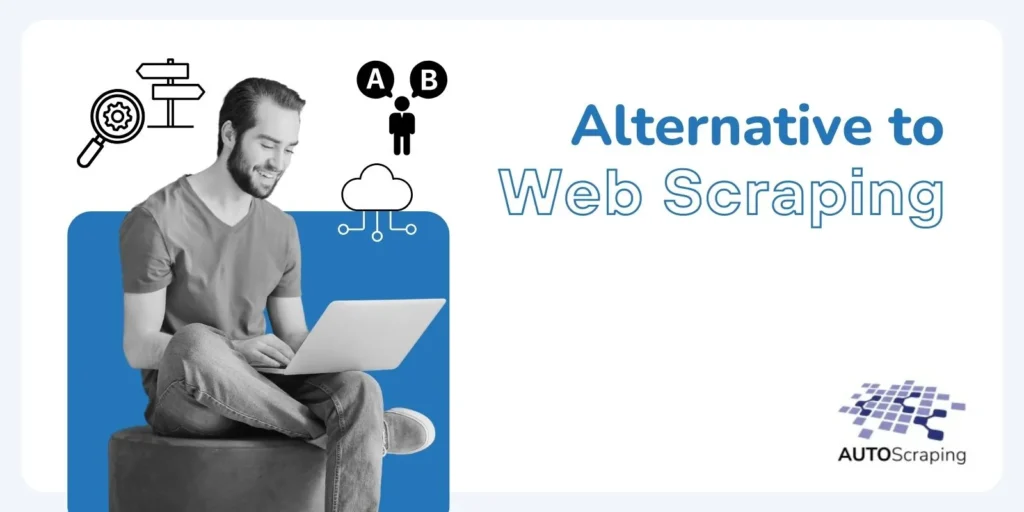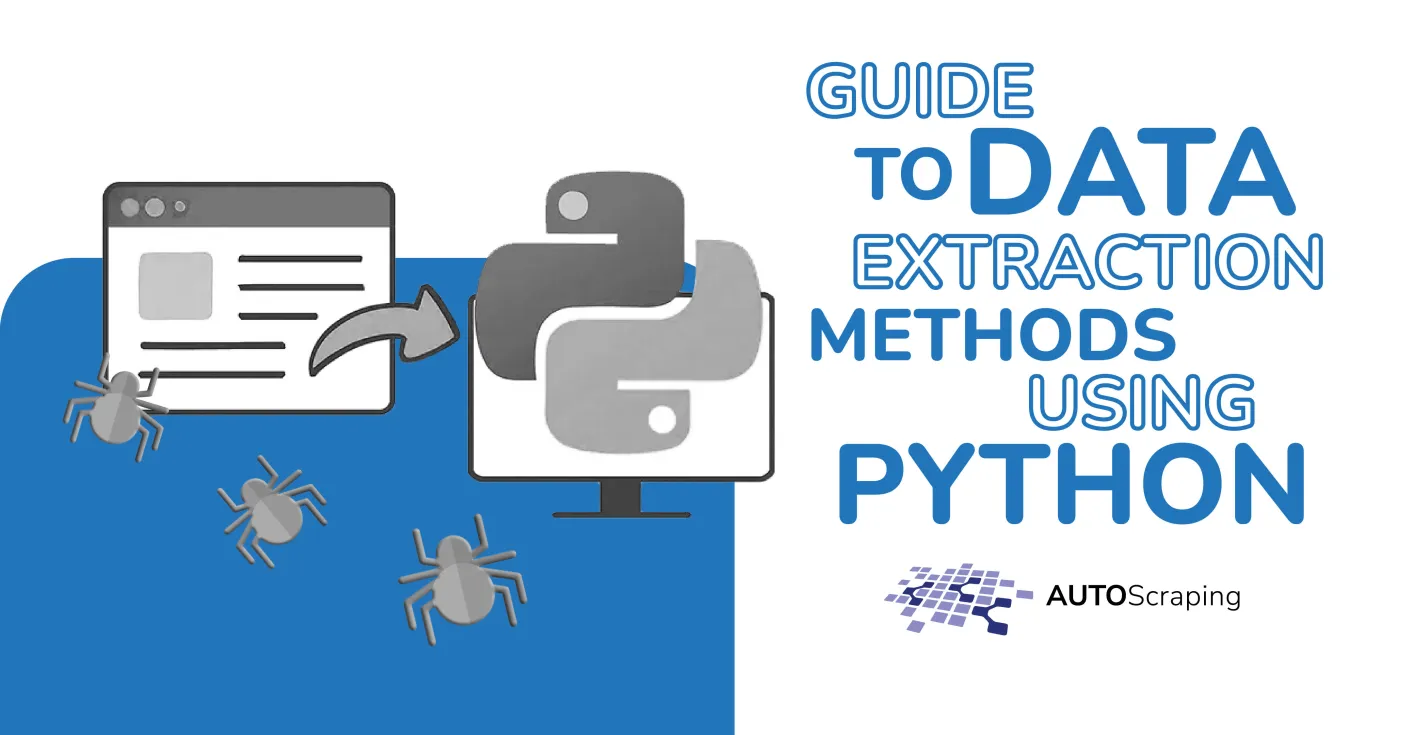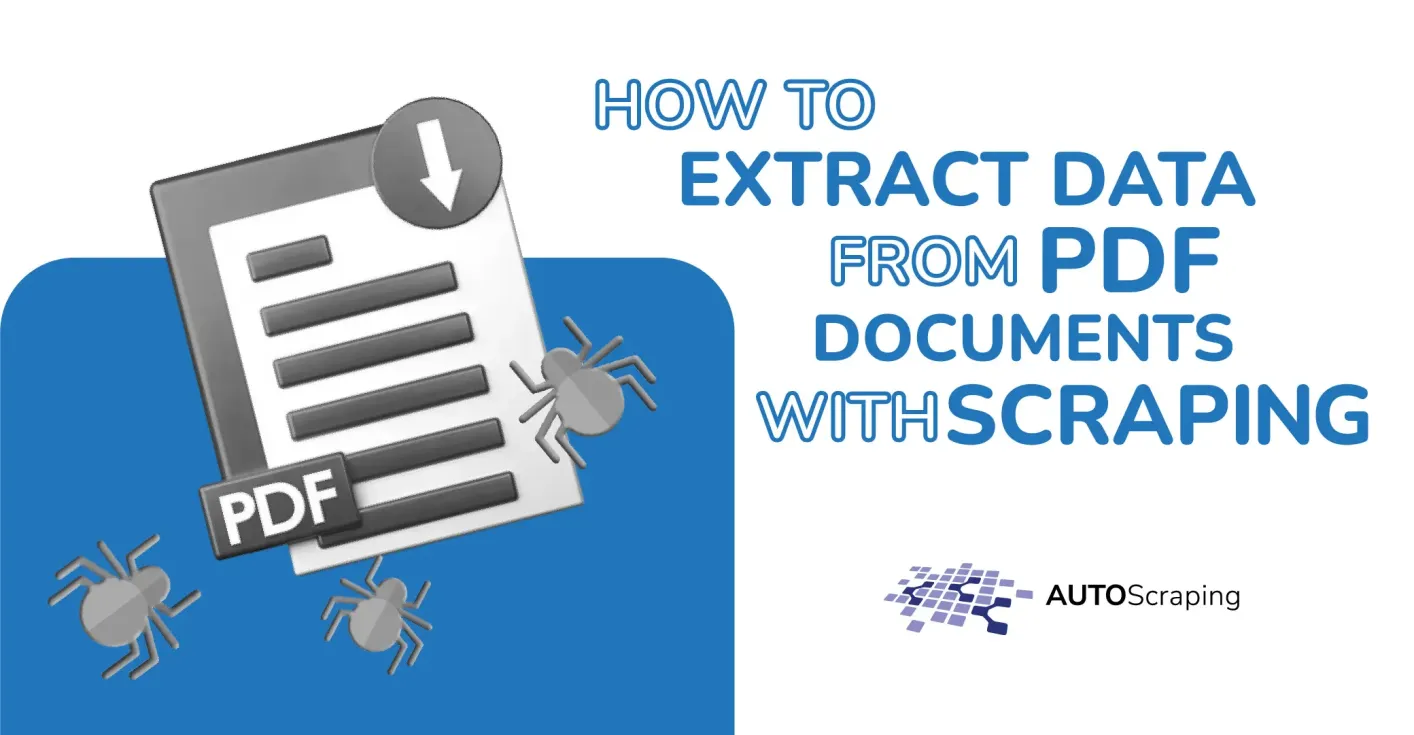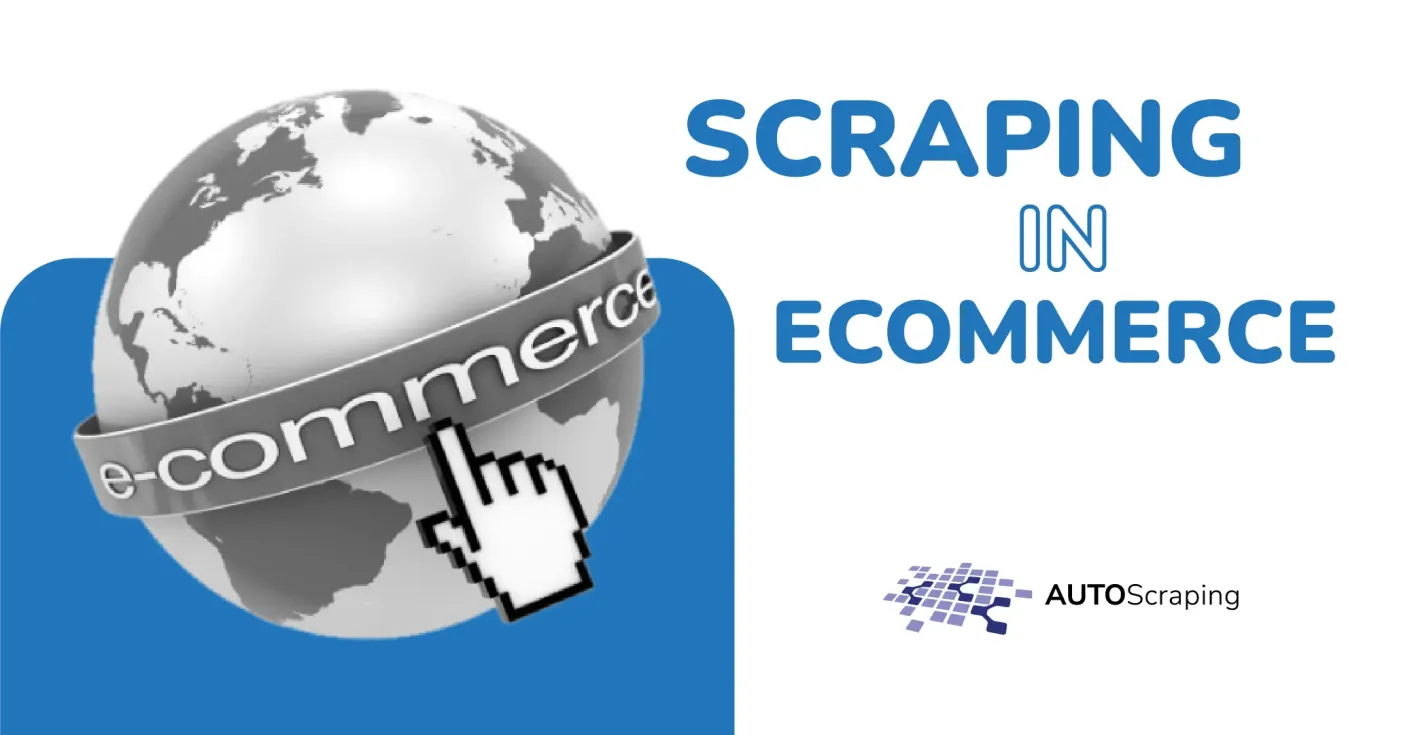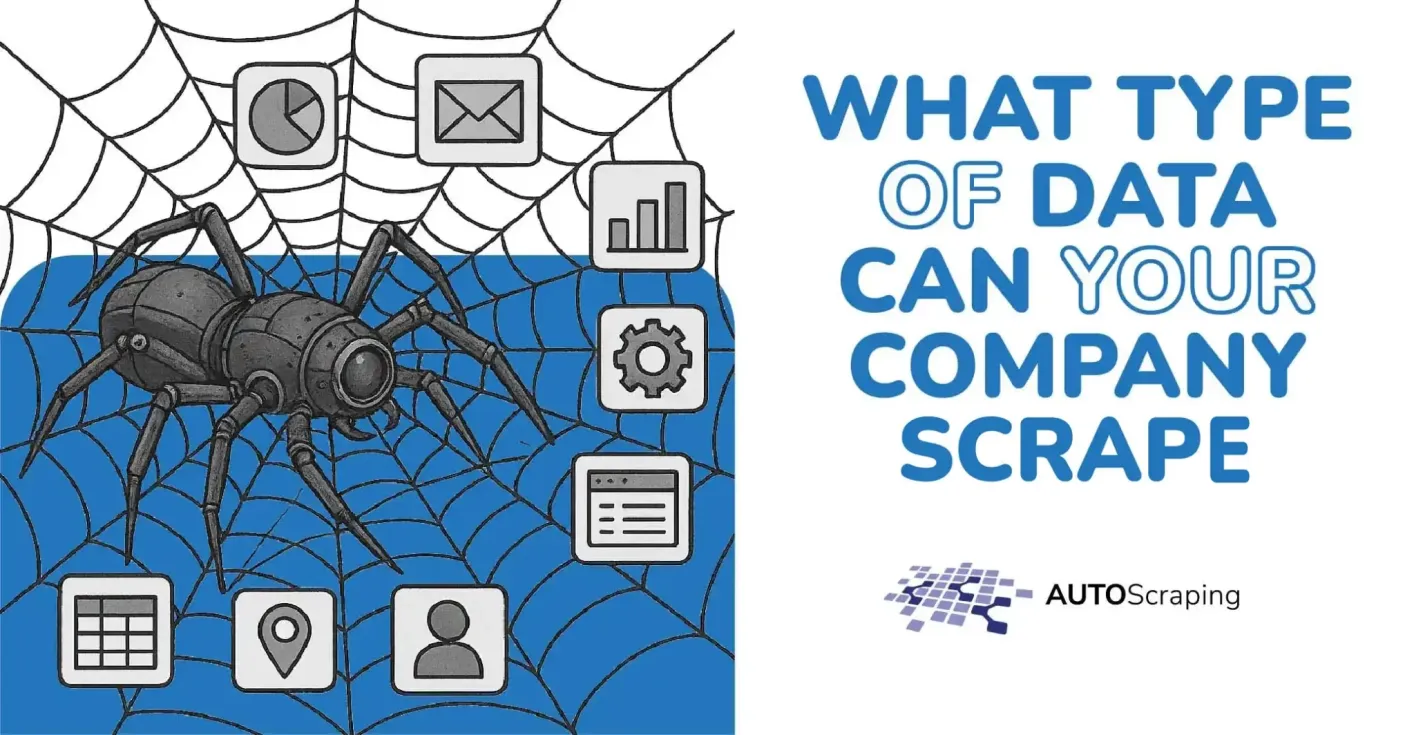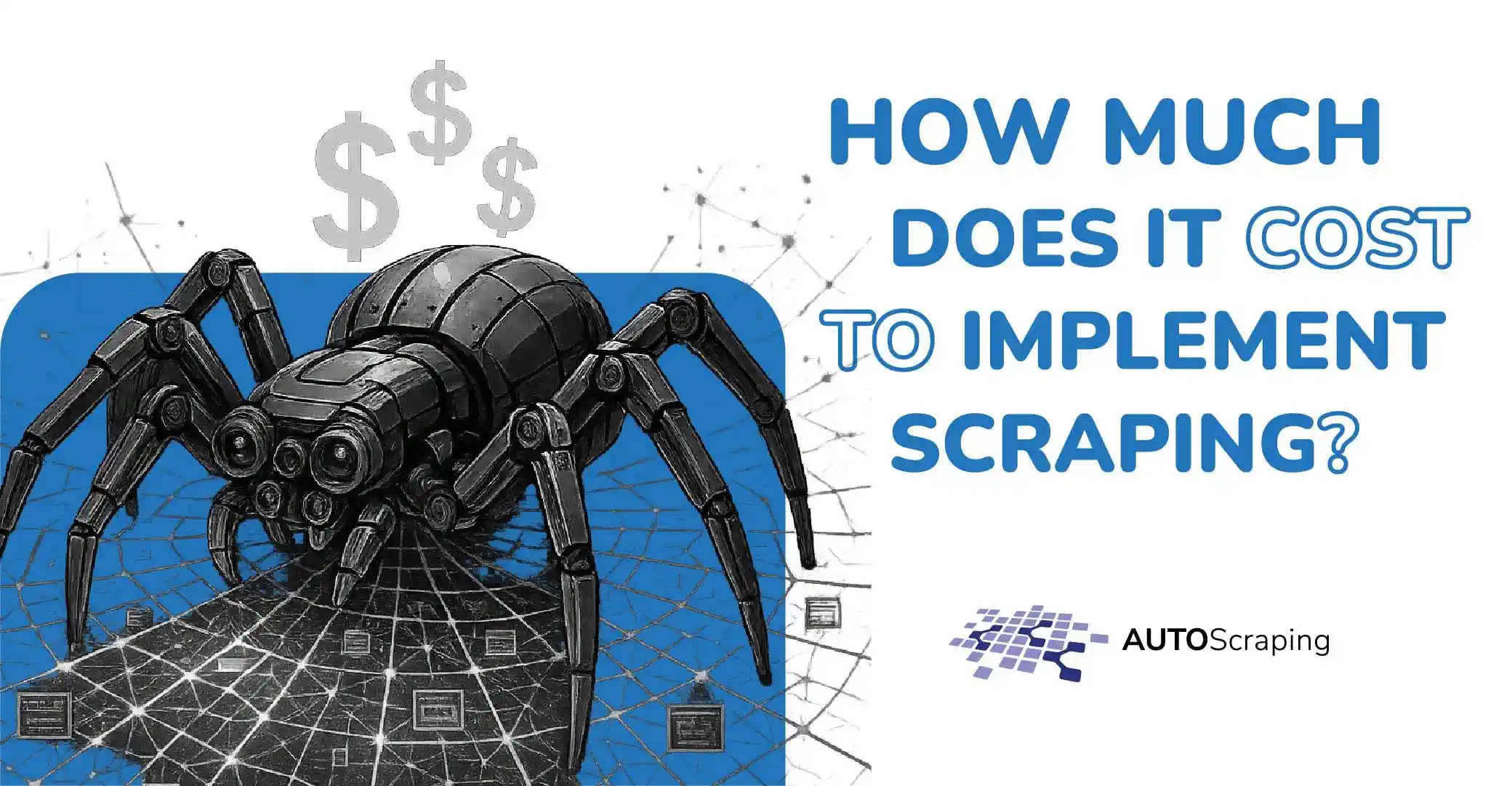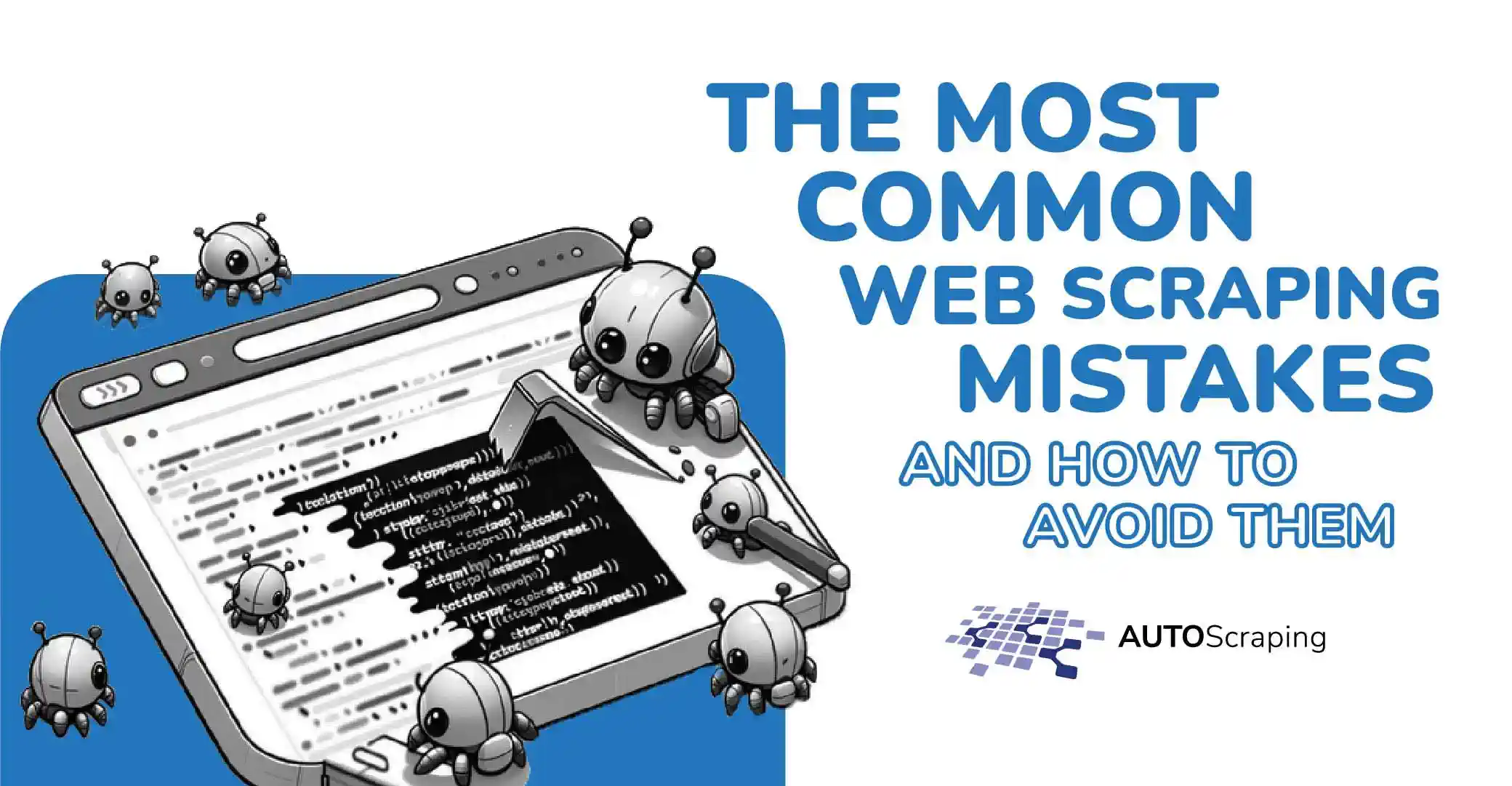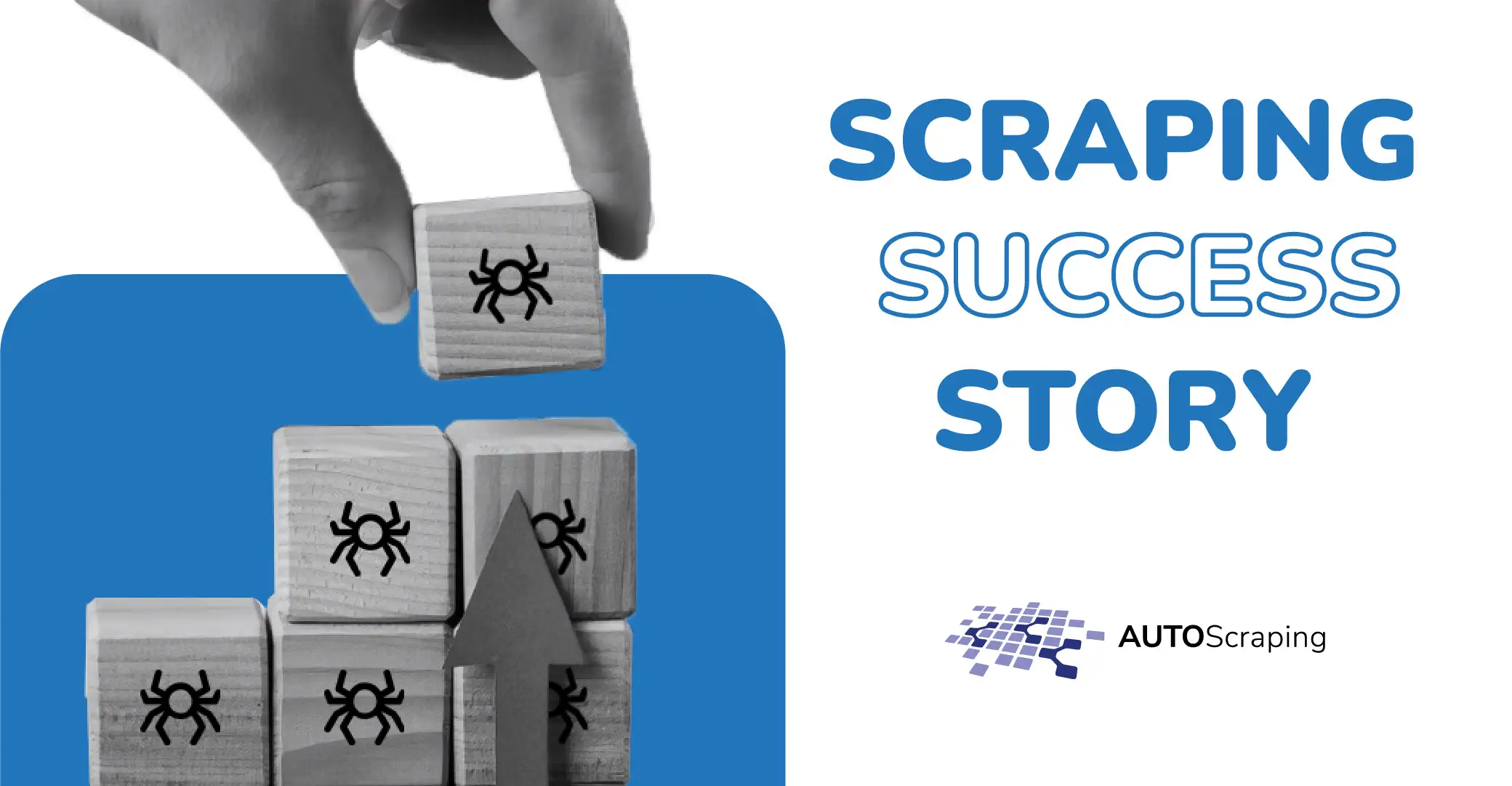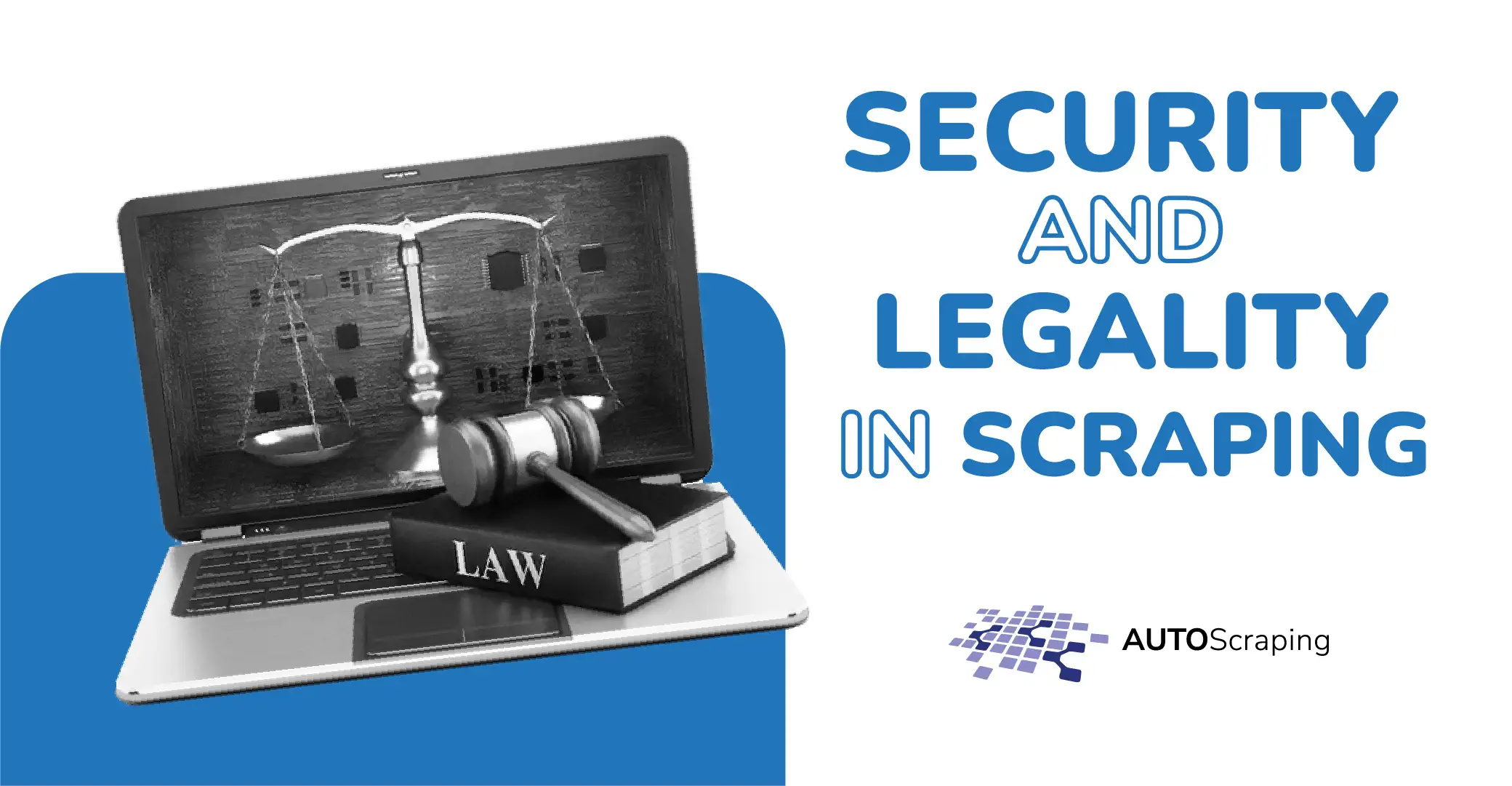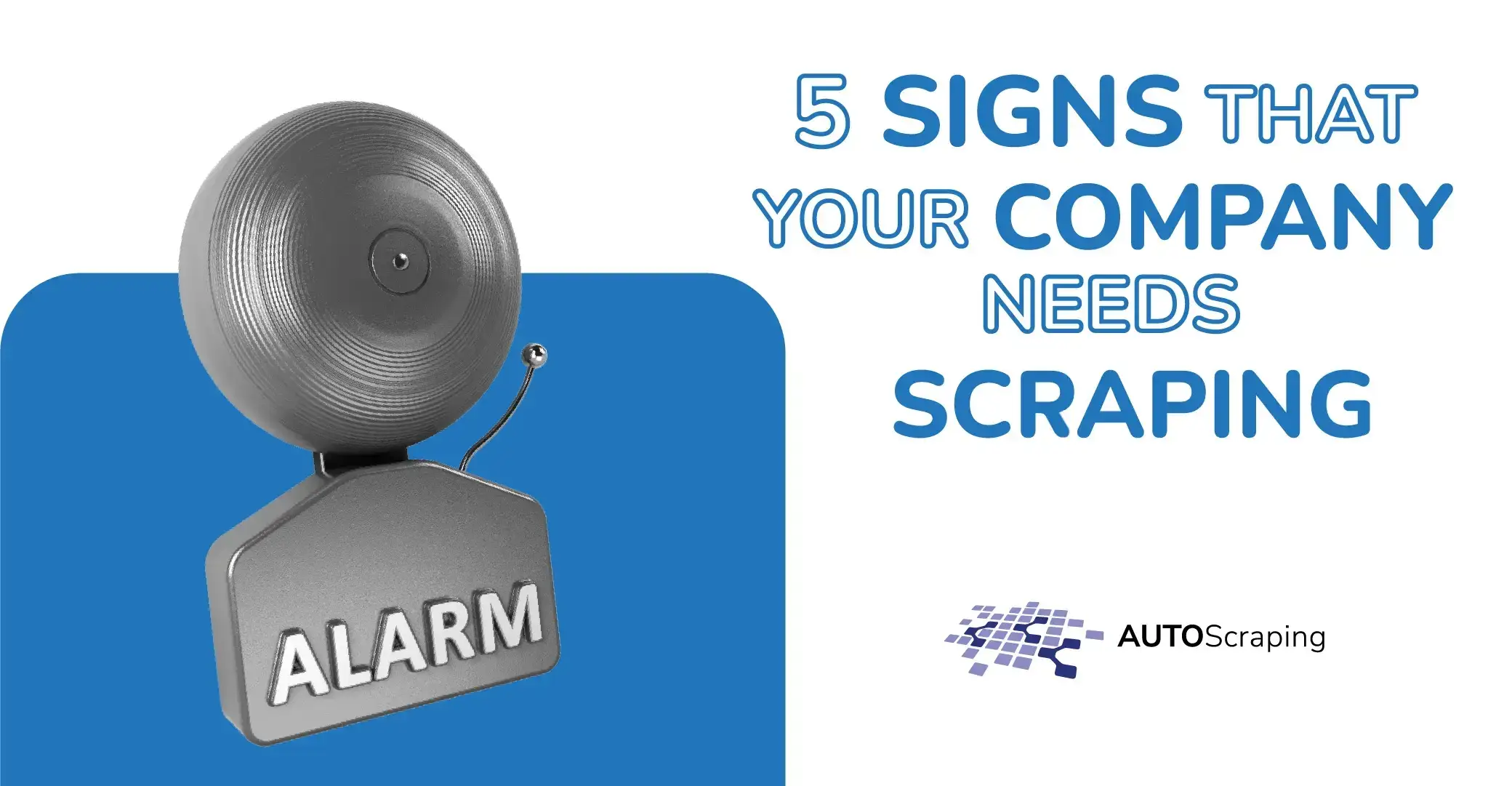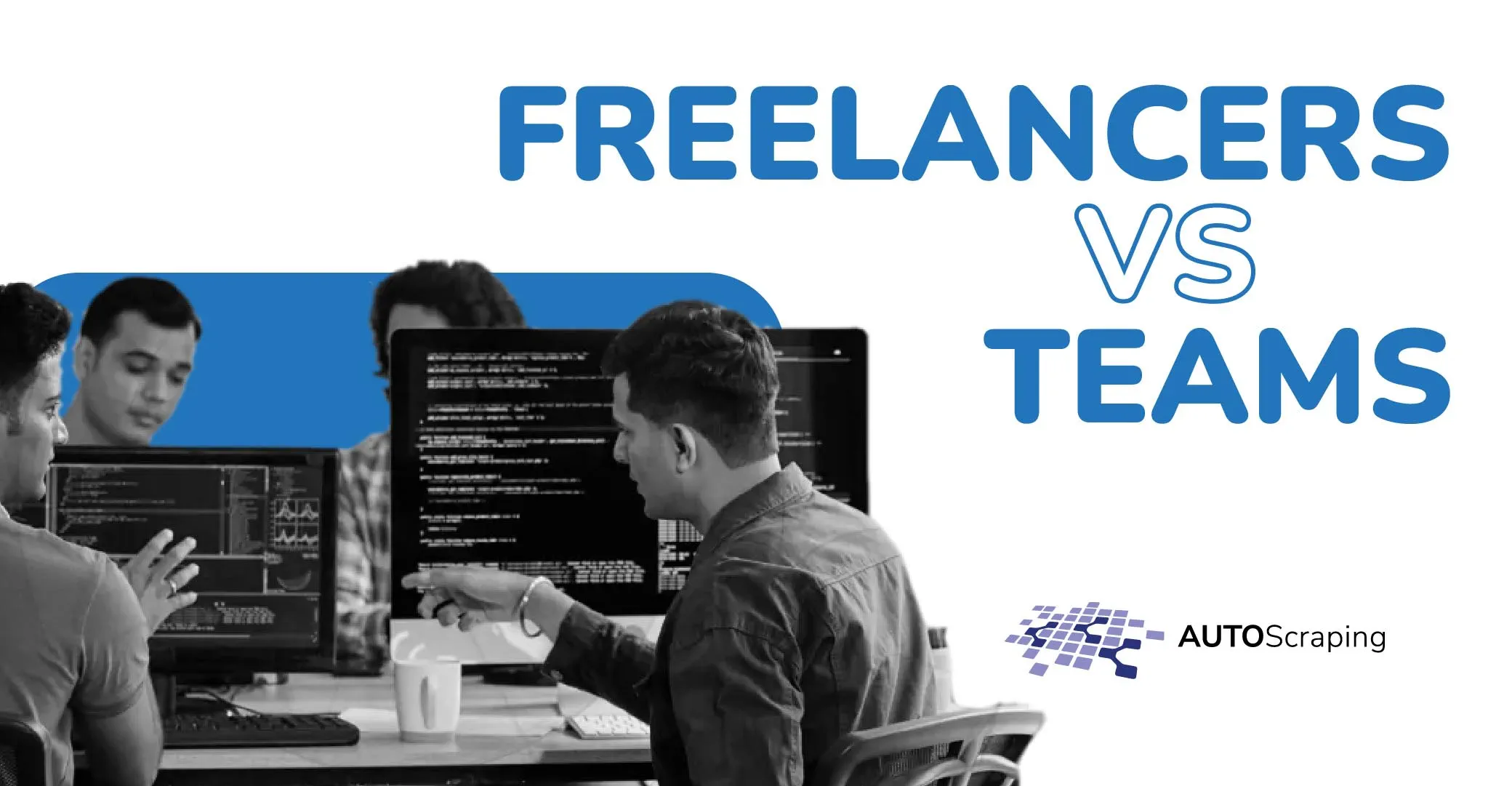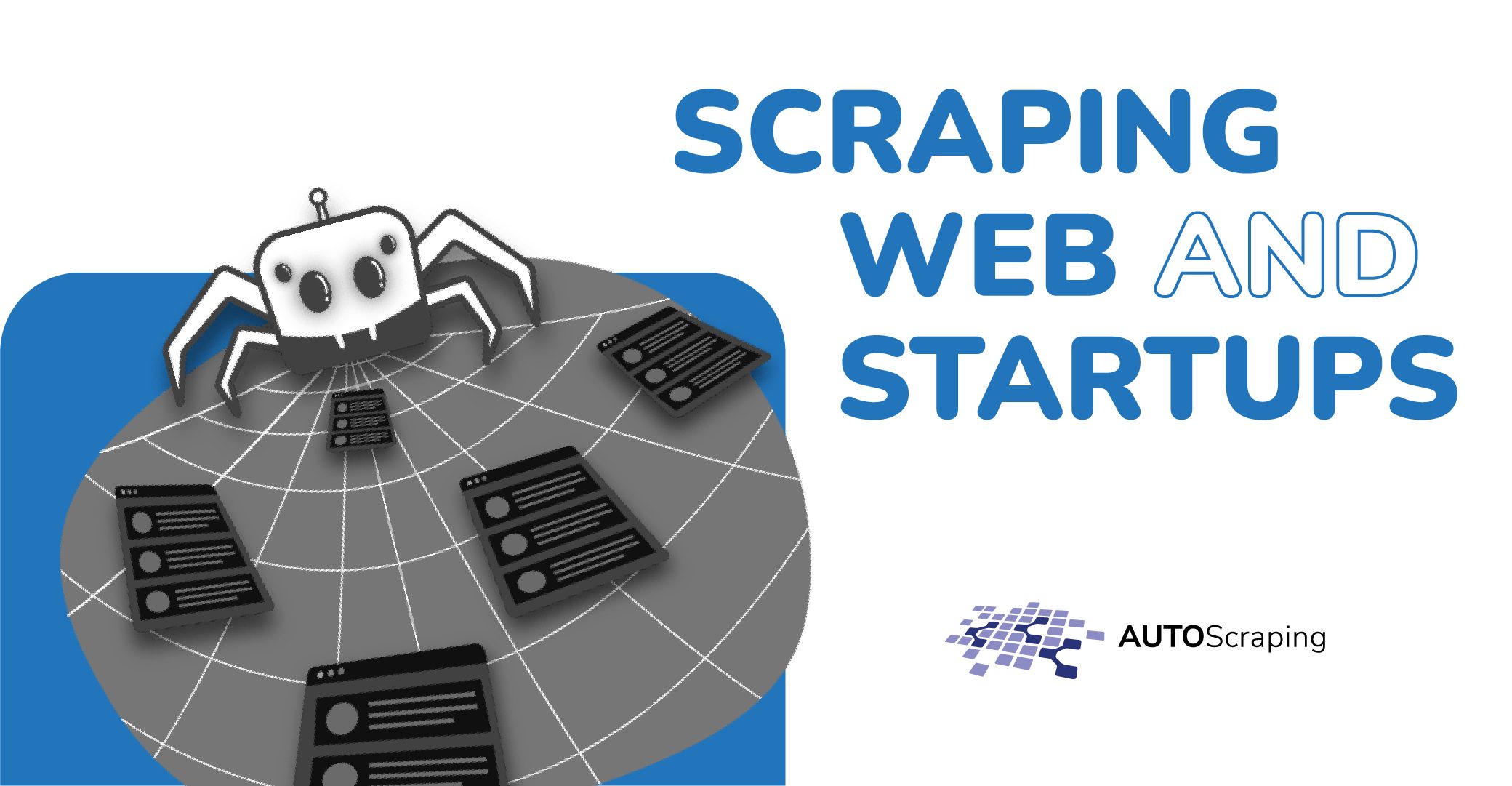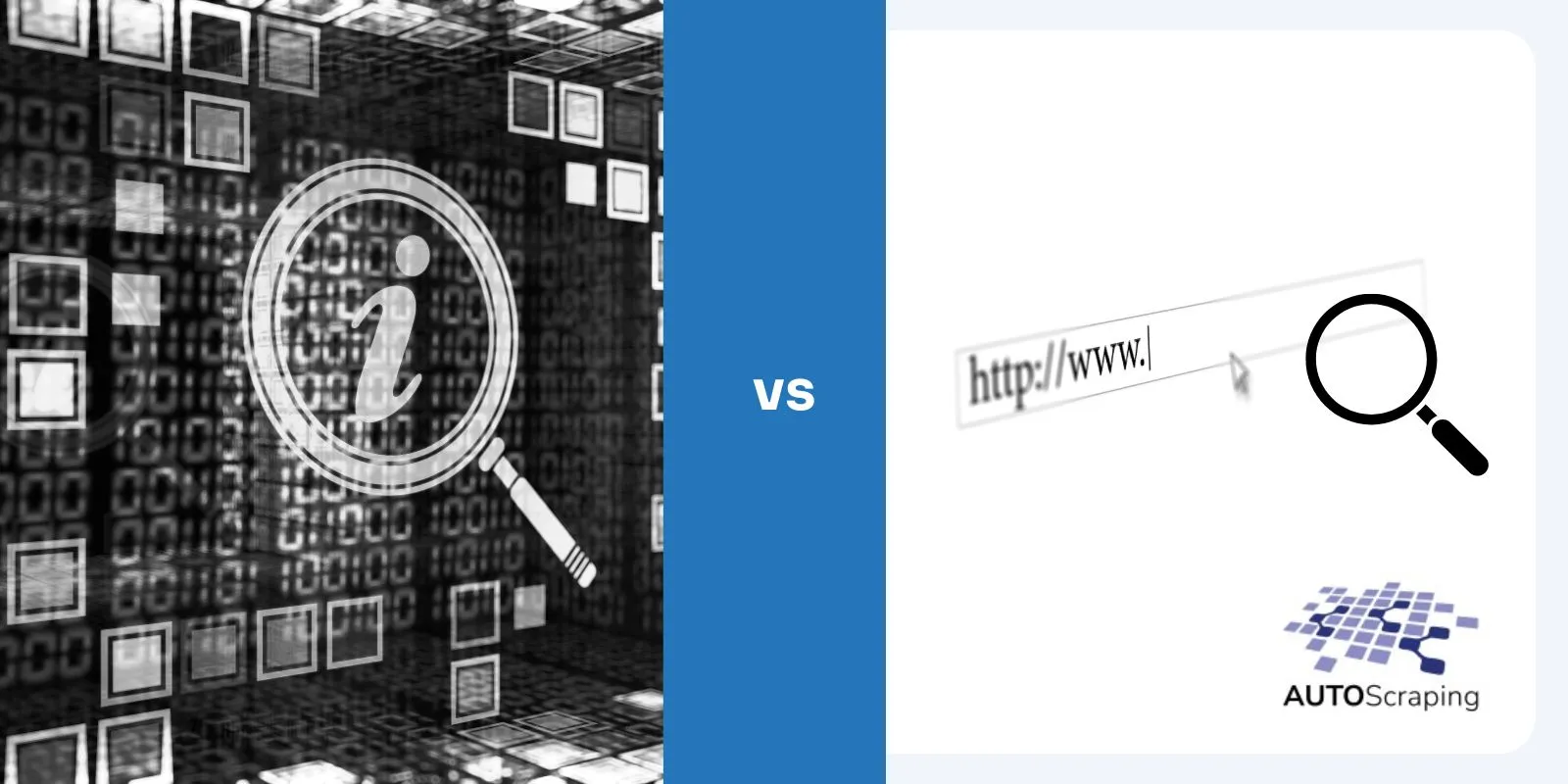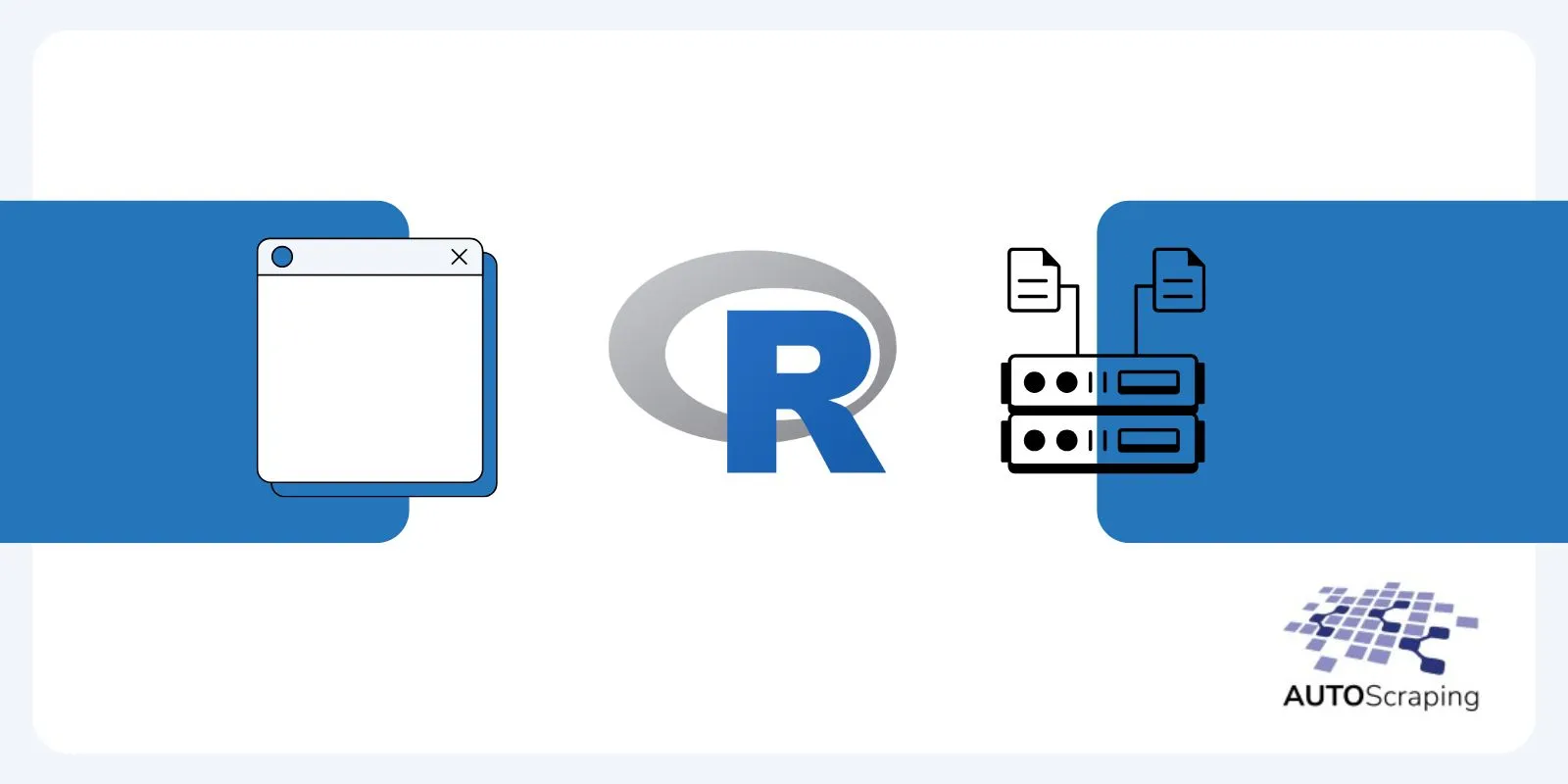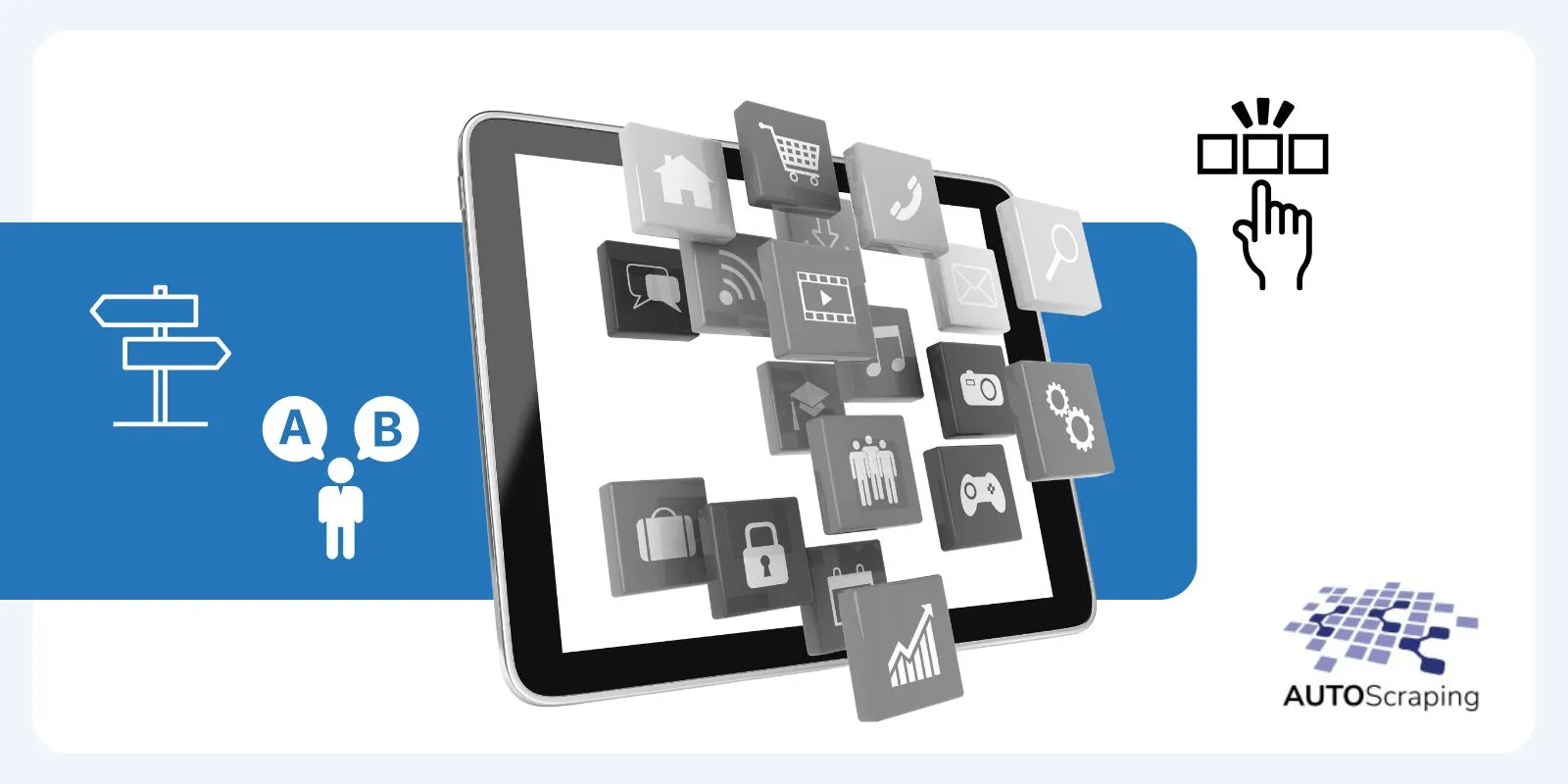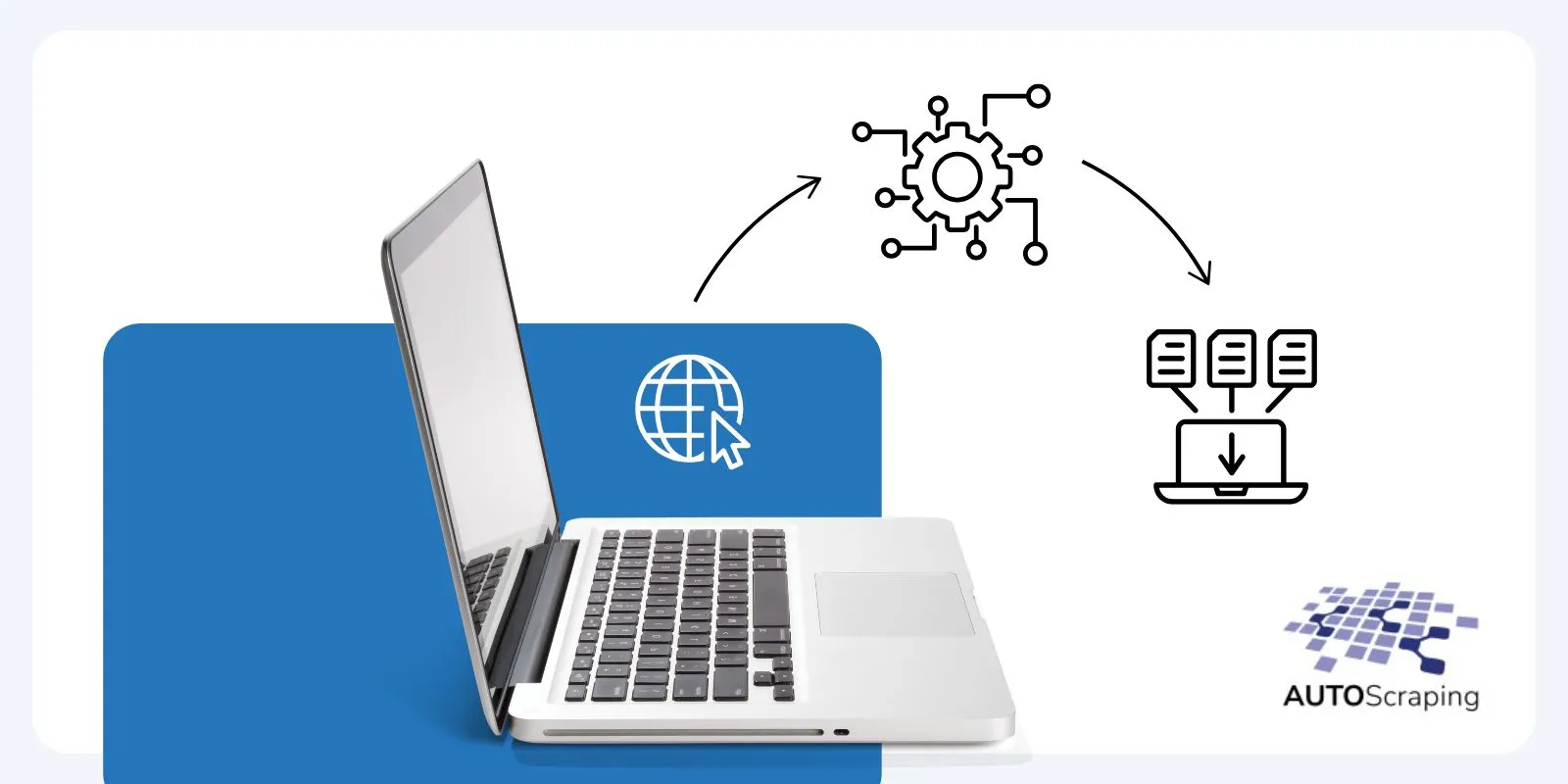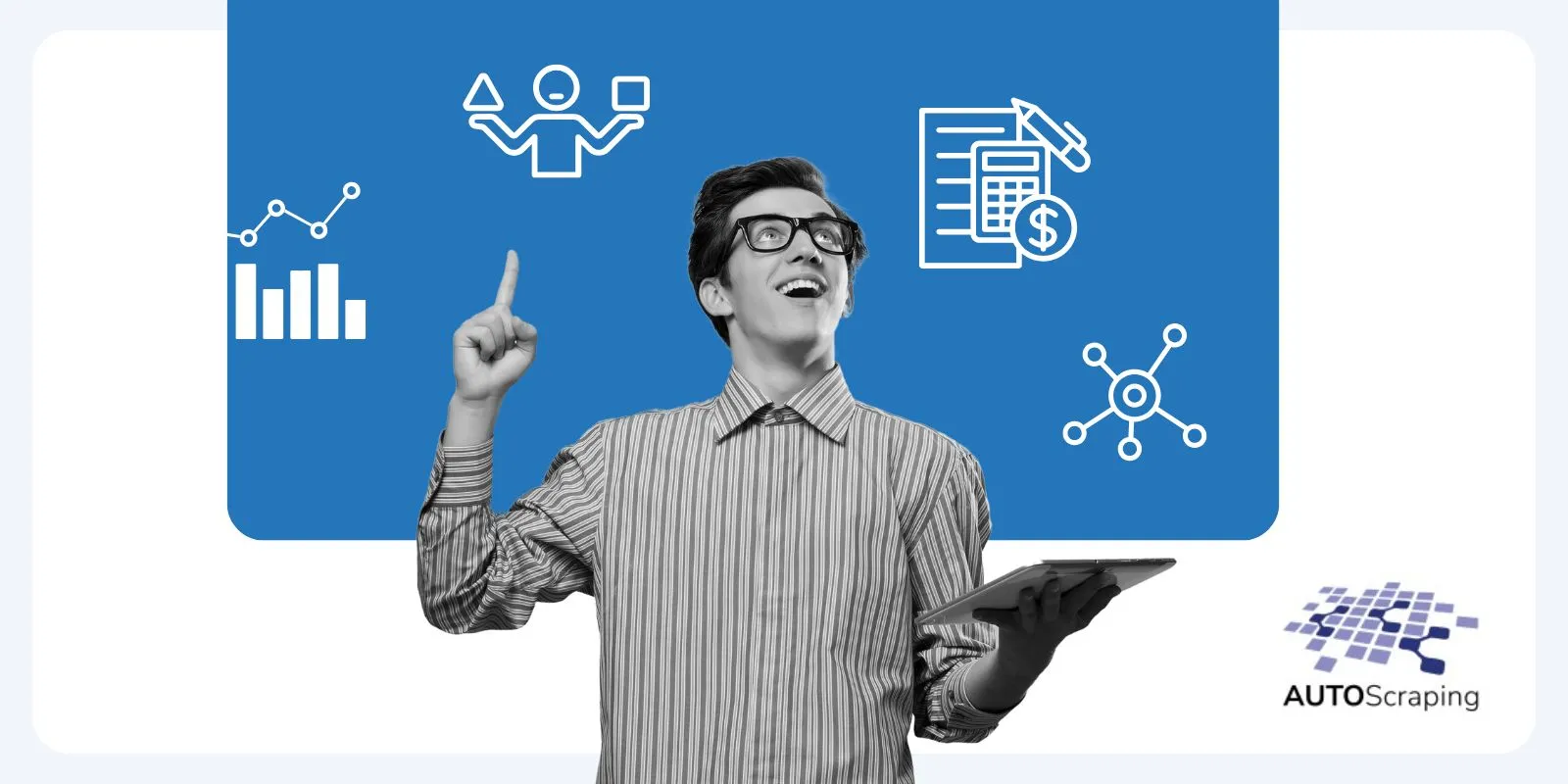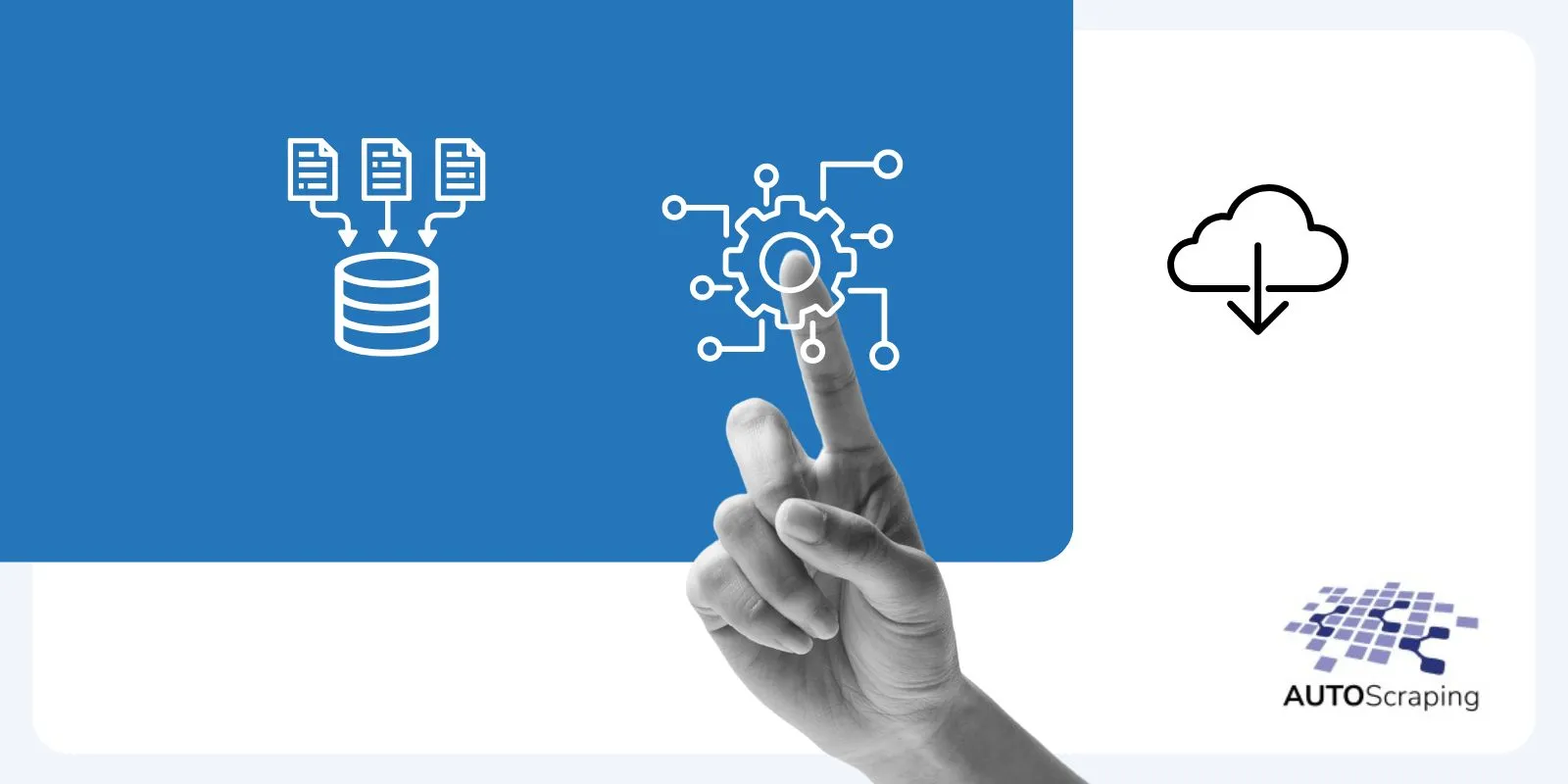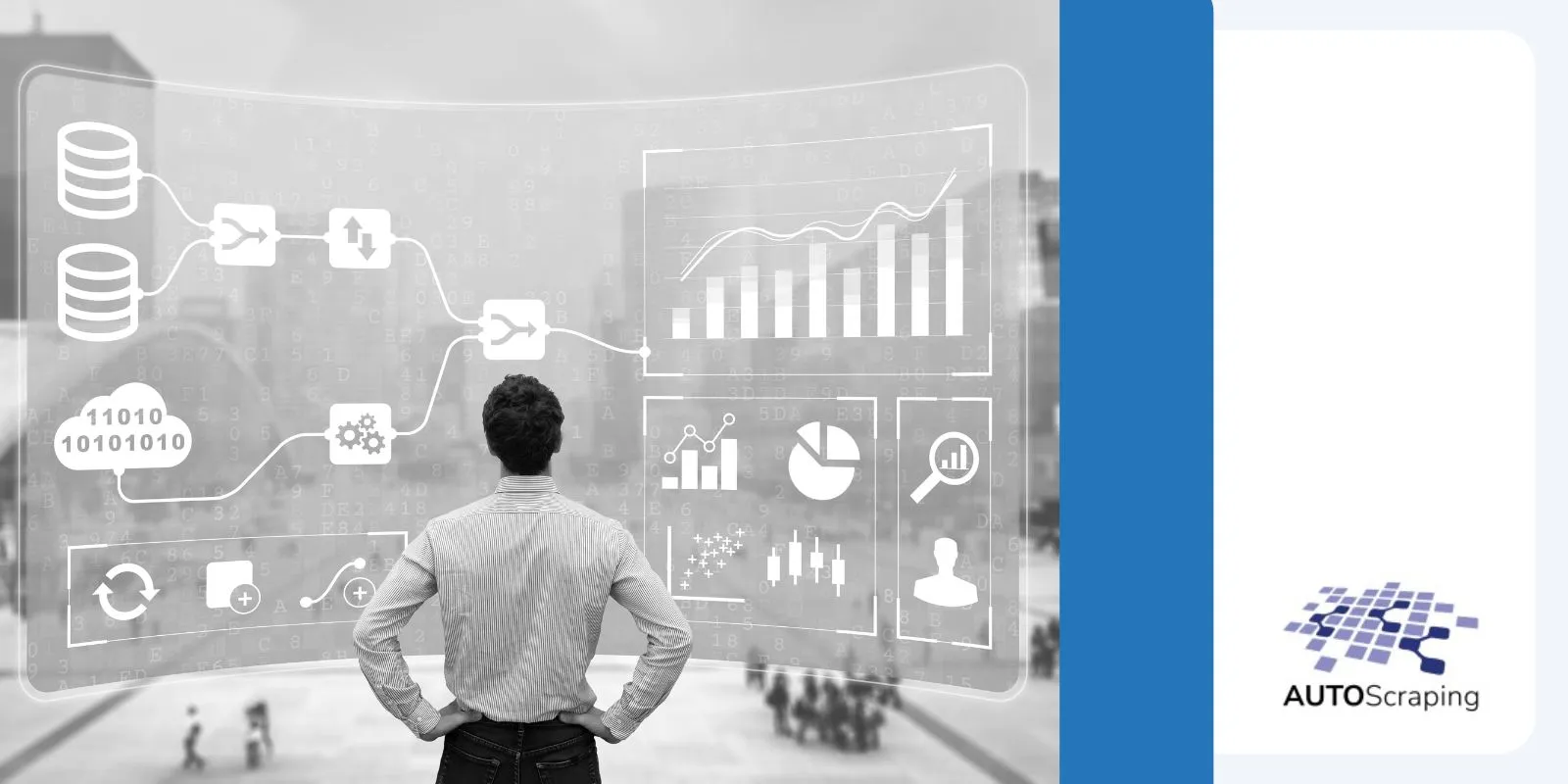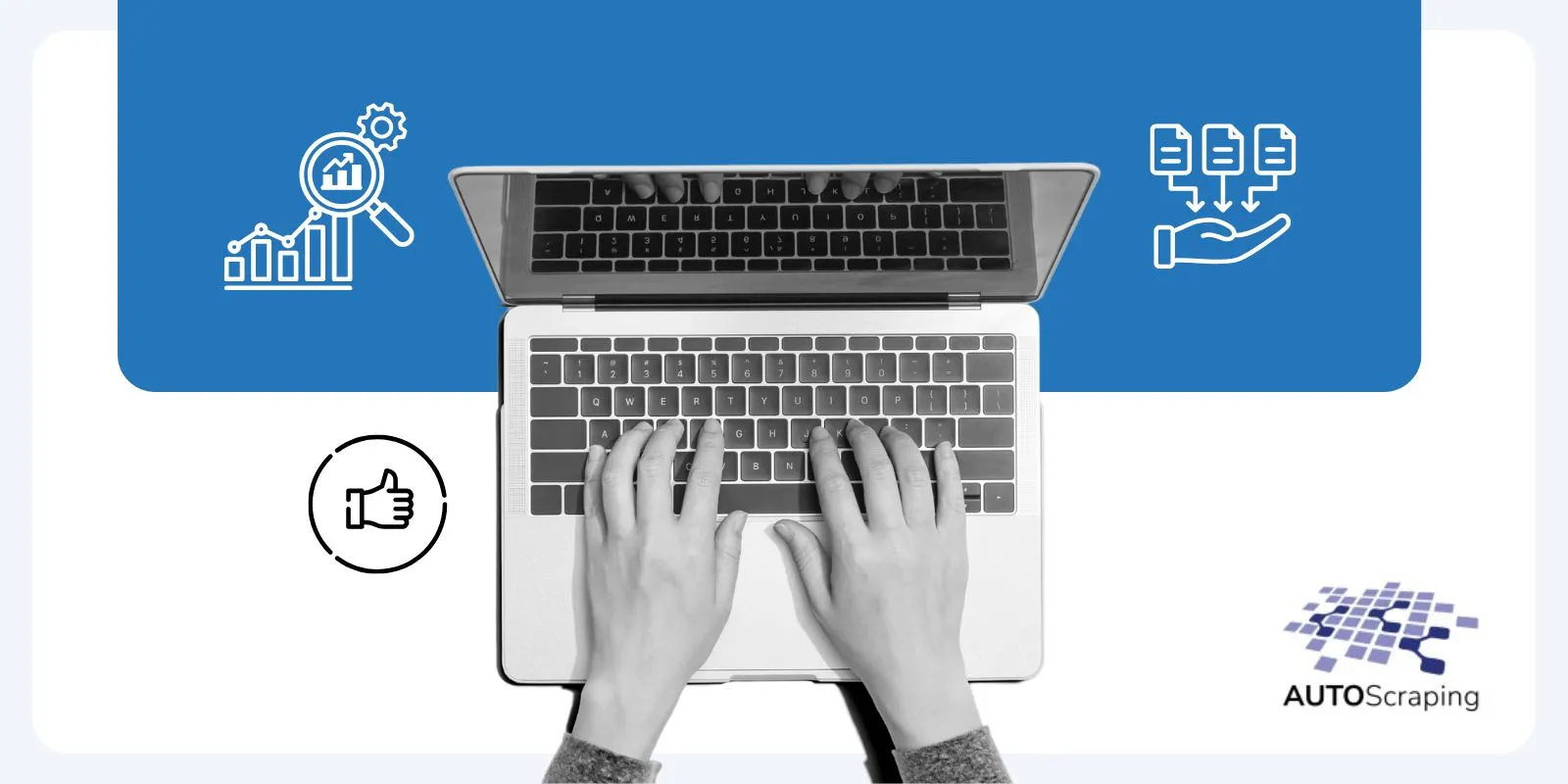Are you struggling to find an efficient way to gather data without relying on traditional web scraping? It’s a common challenge for businesses and developers looking for fast, reliable data extraction.
In this article, we’ll discuss why many turn to alternatives to web scraping, the limitations of scraping methods, and how these solutions can offer more structured, reliable, and legal access to data.
By the end of this article, you’ll understand the top alternatives, such as APIs and browser automation tools, and how to determine the best method for your needs.
Why Look for Alternatives to Web Scraping?
Web scraping, while effective, comes with its own set of limitations that can make it less than ideal for certain businesses.
First, scraping is often unreliable due to changes in website structure, requiring constant updates to your scraper.
Additionally, it may raise legal and ethical concerns, especially if data is scraped without permission, potentially violating terms of service or privacy laws.
Moreover, web scraping typically lacks the structured and organized nature that many businesses need for accurate decision-making.
Unlike APIs or public datasets, scraped data often requires extensive cleaning and processing to make it usable, adding time and costs to the project.
These issues make it clear why exploring alternatives to scraping is crucial for many industries, especially when looking for efficient, compliant, and scalable solutions for data extraction.
Recommended Lecture: How to Automate Web Scraping
APIs (Application Programming Interfaces)
APIs provide a direct connection to a platform’s data, allowing users to request and retrieve specific information without needing to scrape web pages.
This method is more efficient and less prone to errors, as the data is structured and returned in a clean format like JSON or XML.
Many companies, such as Twitter, Google, and financial services, offer APIs, making it easier to gather real-time information without violating terms of service.
Key benefits of using APIs include:
- Structured data access that eliminates the need for parsing.
- Real-time updates from platforms that keep the data current.
- Less maintenance, as APIs are designed to be stable, unlike constantly changing web layouts.
For businesses, APIs ensure data reliability and reduce the risk of legal complications associated with web scraping.
Browser Automation Tools
Browser automation tools, such as Selenium or Puppeteer, mimic human browsing behavior to interact with websites and extract data.
Instead of parsing HTML, these tools simulate a user navigating a website, allowing them to handle complex scenarios like logins, dynamic content loading, or interacting with JavaScript-heavy pages.
Advantages of browser automation tools include:
- Handling dynamic websites that rely heavily on JavaScript.
- Simulating user behavior, such as clicks and form submissions.
- Bypassing restrictions like CAPTCHA with human-like browsing actions.
While browser automation tools can be more resource-intensive compared to APIs, they offer flexibility for situations where APIs aren’t available or when web scraping needs to mimic human actions for detailed data collection.
Recommended Lecture: Web Scraping basics
Public Datasets
Public datasets offer an excellent alternative to web scraping, providing structured and readily available data from sources that don’t require extraction efforts.
These datasets are often compiled by governments, research institutions, or open-data platforms, making them both legal and reliable.
Benefits of using public datasets include:
- Pre-structured data, reducing the need for extensive cleaning or processing.
- Legal and ethical compliance, as these datasets are intentionally made public.
- Access to large volumes of data without the risk of violating terms of service.
Public datasets can be a great fit for research, market analysis, or any project requiring large-scale.
Automate data extraction and save time on repetitive tasks!

Why Use APIs Instead of Web Scraping
APIs provide a more reliable, structured, and legally sound method for accessing data compared to web scraping. The following table highlights the key advantages of using APIs:
| Factor | API (Application Programming Interface) | Web Scraping |
| Data Structure | – Provides structured data in consistent formats like JSON or XML. | – Scrapes unstructured data that may require parsing and cleaning. |
| Reliability | – More reliable as it directly accesses the dataset without depending on page layout or HTML structure. | – Less reliable due to frequent website layout changes that can break scripts. |
| Legal Compliance | – Reduces legal risks since APIs are offered by the data owner, ensuring compliance with data use policies. | – Higher legal risks if the website prohibits scraping or it violates the site’s terms of service. |
| Real-Time Updates | – Often provides real-time data, ideal for time-sensitive applications like stock monitoring or sports stats. | – May not capture real-time data efficiently and could have delays depending on scraping frequency. |
| Data Accuracy | – Offers high accuracy with direct access to official datasets. | – Can result in inconsistent data due to website changes or scraping errors. |
| Technical Complexity | – Easier to implement, as it doesn’t require dealing with HTML or dynamic web page elements. | – More technically demanding, requiring scripts to navigate website structures and deal with JavaScript rendering. |
Recommended Lecture: 5 Key Differences between API vs Web Scraping in 2024
When Is Web Scraping Still the Best Option?
While APIs and other alternatives offer great advantages, there are situations where web scraping remains the preferred method for data extraction.
This approach can be particularly beneficial when the required data is not available through APIs or when those APIs have limitations, such as restrictive usage quotas or a lack of certain information.
Consider web scraping in the following scenarios:
- Unstructured data: When data is scattered across various web pages or presented in formats that are not easily accessible, web scraping can help gather the necessary information efficiently.
- Competitive analysis: If you need to monitor competitors’ pricing, product offerings, or promotional strategies, scraping their websites can provide valuable insights not typically available through APIs.
- Historical data: For research that requires access to historical data that may not be maintained in an API, web scraping can be a viable option to capture and archive information over time.
Cost and Time Comparison
When deciding between web scraping and other data extraction methods, it’s important to consider cost and time. Web scraping often proves to be a budget-friendly option. Here are a few points to consider:
- Initial Investment: Setting up web scraping tools can be less expensive upfront than developing and maintaining a dedicated API.
- Time Efficiency: Web scraping can gather large amounts of data quickly, often in minutes. This is especially useful when collecting data from multiple pages, while API requests may take longer due to limits.
- Resource Allocation: With web scraping, teams can focus more on data analysis rather than spending time on manual data collection or dealing with API constraints.
Overall, web scraping can provide a cost-effective and timely solution for organizations looking to streamline their data extraction processes.
Can You Combine Web Scraping with Other Methods?
Integrating web scraping with other data extraction techniques can lead to more comprehensive and efficient data management. The following table outlines key strategies for achieving this synergy:
| Combination Method | Description | Benefits |
| Hybrid Approaches | – Utilize both web scraping and APIs for data extraction. | – APIs provide structured data; web scraping fills gaps where APIs are unavailable. |
| Optimized Workflows | – Streamline data gathering processes by using scraping for bulk collection and APIs for real-time updates. | – Ensures data remains fresh and relevant, improving overall efficiency in data management. |
| Flexibility in Data Collection | – Switch between scraping and API calls based on specific needs and scenarios. | – Enables organizations to use the most effective method for each situation, enhancing adaptability. |
| Comprehensive Data Insights | – Integrate data from various sources to achieve a holistic view of market trends and consumer behavior. | – Provides richer insights, helping businesses make more informed decisions. |
Why Choose AutoScraping?
When it comes to data extraction, AutoScraping stands out as a leading solution that simplifies the entire process.
Our platform is designed to address the complexities associated with traditional data collection methods. With AutoScraping, you can experience:
- Simplified Automated Data Extraction: We eliminate the tedious tasks associated with manual data collection. With our user-friendly interface, you can easily set up and manage your scraping tasks without needing extensive technical knowledge.
- Efficiency and Accuracy: Our advanced algorithms ensure that the data you collect is not only comprehensive but also accurate. We prioritize delivering high-quality data that you can trust, enabling you to make informed decisions based on reliable information.
- Scalability for Your Needs: Whether you’re a small startup or a large enterprise, AutoScraping scales with your requirements. Our platform can handle varying volumes of data requests, ensuring that you always have access to the information you need, when you need it.
Choosing AutoScraping over traditional data extraction tools brings numerous benefits that can enhance your data collection processes.
- User-Friendly Interface: We prioritize simplicity. AutoScraping features an easy-to-navigate interface, allowing users to start extracting data without extensive training or technical skills.
This means less time learning how to use the tool and more time focusing on gathering valuable insights.
- Increased Efficiency: Traditional tools often rely on manual methods that can slow down data collection and introduce errors. With AutoScraping, automation speeds up the process, enabling you to gather large volumes of data quickly and accurately.
- Cost-Effective Solutions: Maintaining traditional scraping tools can be costly due to high maintenance fees and potential downtimes. AutoScraping offers a cost-effective alternative without sacrificing quality.
Our pricing is designed to provide value, ensuring you get the most out of your investment in data extraction.
By opting for AutoScraping, you gain a powerful ally in your data extraction efforts, one that prioritizes ease of use, speed, and affordability. Make the most of the information available on the web with our personalized web scraping service!. Book a meeting
FAQs: Alternatives to Web Scraping
Is web scraping still relevant?
Yes, web scraping remains highly relevant, with the market expected to reach $6.3 billion by 2025. Businesses rely on it for gathering competitive intelligence, market analysis, and price monitoring.
Is web scraping ever illegal?
Web scraping legality varies by jurisdiction and website terms. While many sites prohibit scraping in their terms of service, legal actions depend on context, including data ownership and usage.
Which is better: API or web scraping?
APIs are generally more efficient and reliable, offering structured data access without legal concerns. However, web scraping can be advantageous when APIs are unavailable, allowing access to valuable data on public web pages.

